There were certainly no surprises in this final episode of Oooku. Part of that is the first episode having been a postscript, of course, but mainly it’s because the direction of the story has been pretty clear for a while. That, and the fact that the anime would be stopping very early in the timeline, leaving most of the manga unadapted. And this is a tragedy, not a thriller. Watching that tragedy play out in slow-motion is the source of most of the dramatic tension.
What’s mostly happening here is Iemitsu putting her stamp on society now that Kasuga is gone from the scene. Most of the pretext of stability was of and for Kasuga, but Iemitsu has correctly realized that such subterfuge is now pointless and counter-productive. She openly acknowledges the death of her father and her own role as shogun, and she recognizes female heads of noble families. Not only that, she orders Arikoto (who she’s about to appoint as senior chamberlain) to dismiss most of the men in the Oooku and ship them off to Yoshiwara to sell their bodies. That, and the “secret swain” policy (Arikoto names it) we saw evidence of in the premiere.
Iemitsu is not a particularly kind or empathetic woman to be sure – ruthless, though that’s a necessary quality at such a time. She does have the compassion to allow Arikoto to beg off his duty to lie with her, given how painful it is for him. But she effectively sentences him to life imprisonment in the Oooku by ordering him to take over the raising of her daughters after she dies (which she does, at 27). Gyokuei is free at last to shave his head and return to his vows – no such freedom lies in store for Arikoto, though he would have refused Iemitsu nothing she requested.
Up to this point, what plays out in the series has a remarkable air of realism to it – as if we’re watching a historical documentary about a history that never actually happened. What happens from here, though, is considerably more speculative and strictly the realm of the manga. A nation that faces a new permanent reality where men are a quarter to a fifth the population of women, where men do no work apart from servicing women, and where the institution of marriage has effectively been rendered impracticable. All the while, presumably, trying to hide that reality from the rest of the world.
I have no idea whether Japan or any nation could long endure in such conditions, but I do know that the gender role-reversal would be the least monumental upheaval it faced. It’s certainly a matter of some curiosity so reading the manga is an intriguing option. It’s probably fair to say that Oooku would never have been adapted in anime form if Netflix hadn’t emerged as an alternative to the traditional production model, so rather than bemoan the curtailing of the adaptation it makes more sense to appreciate that it exists at all. Oooku represents an important statement for Netflix in an important anime year for them – culminating in what I would argue is their most important series to date, Pluto.
Oooku is not a glamorous production, and it doesn’t offer much in the way of traditional anime appeal. It’s something of a nightmare for the marketing department, I’m sure. But it makes you think, and offers a fascinating commentary on the very peculiar nature of Japanese culture – how little it’s changed, and how resistance to change lies at the heart of it. As good fantasy often does, it uses the pretext of its premise to shed light on reality in ways a less fanciful series would struggle to do.


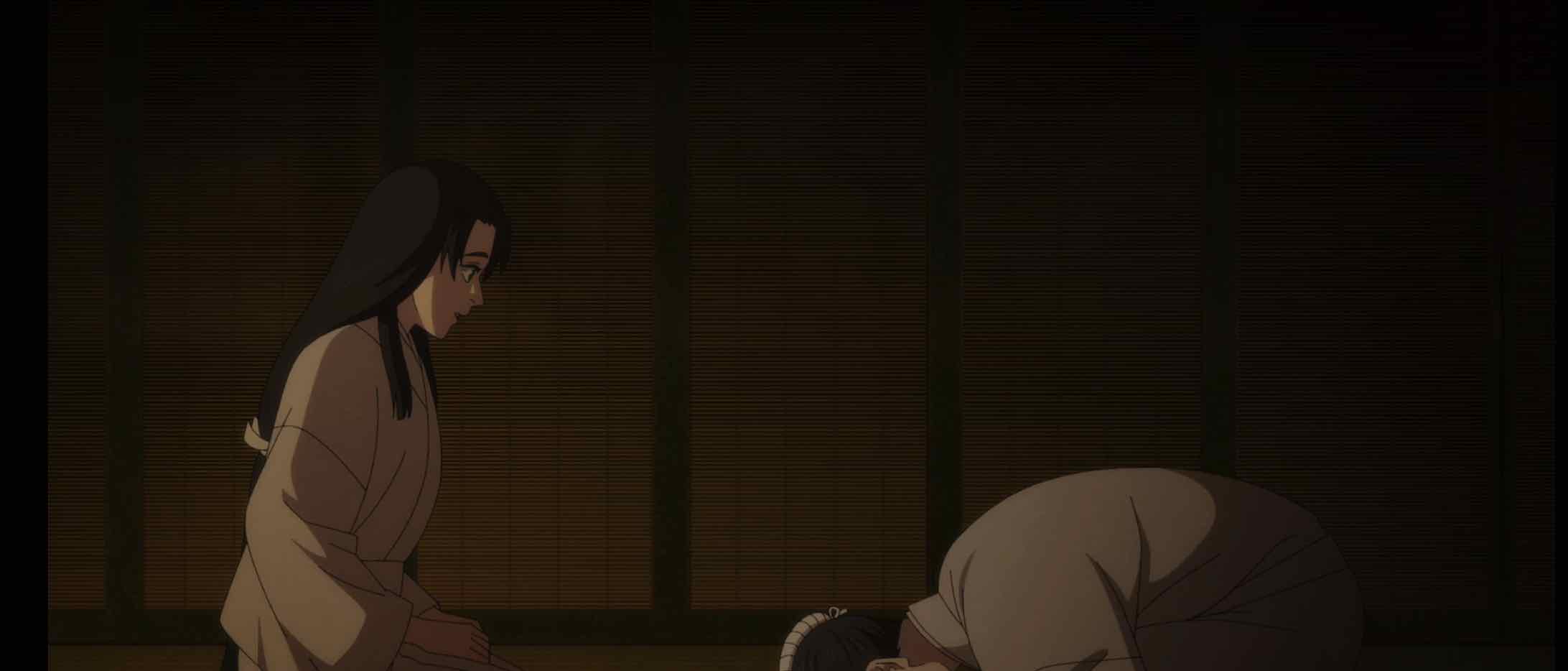
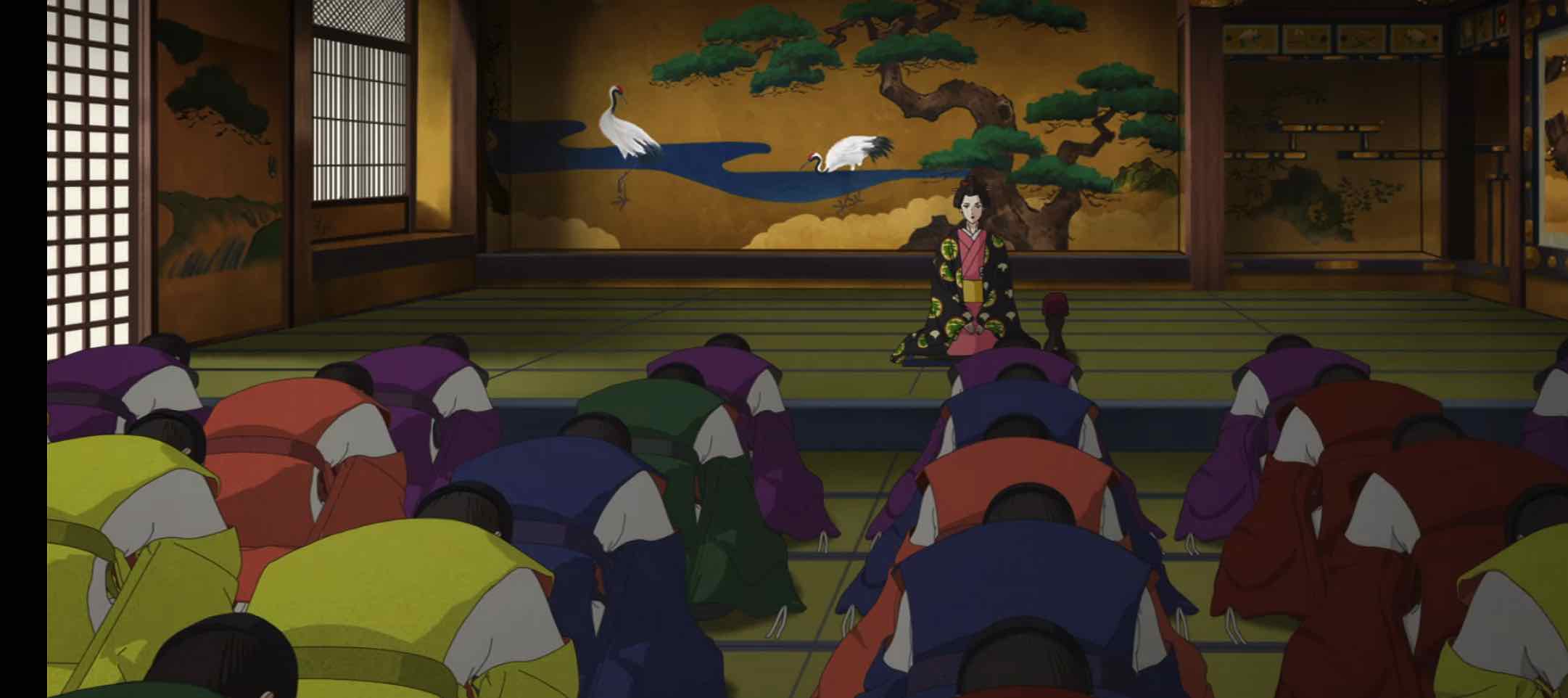
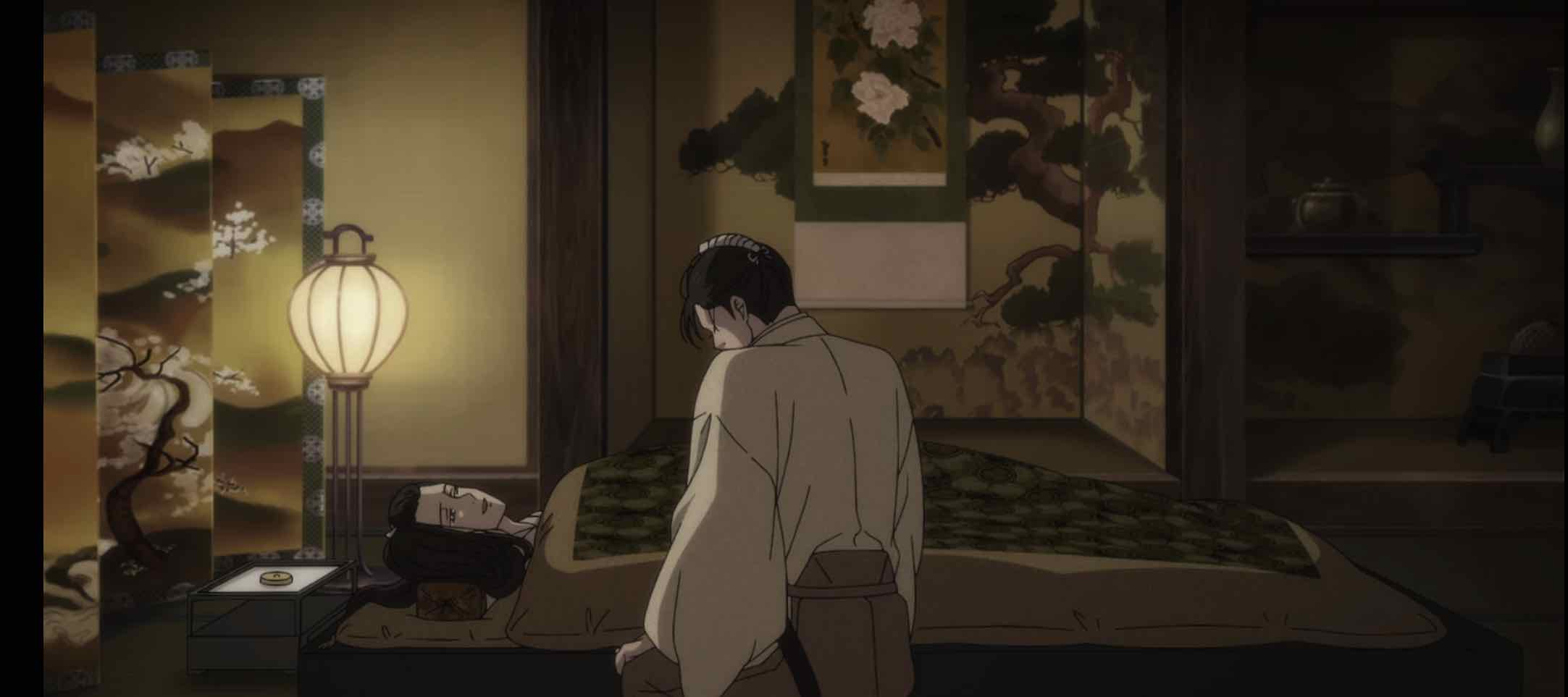
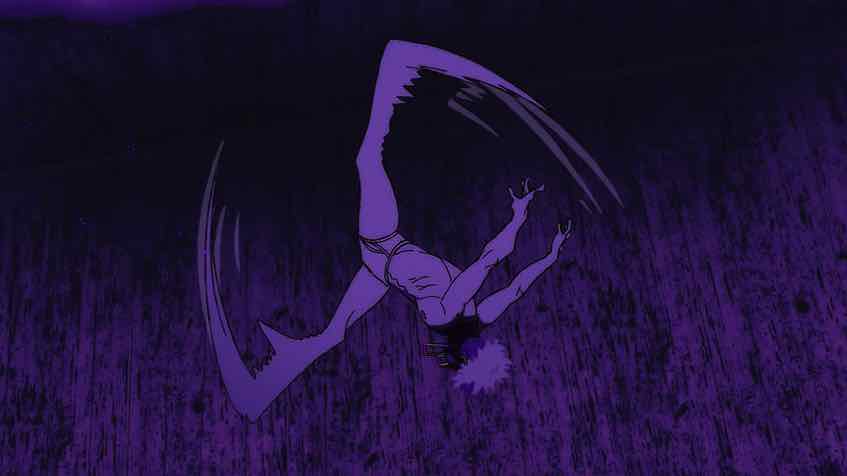
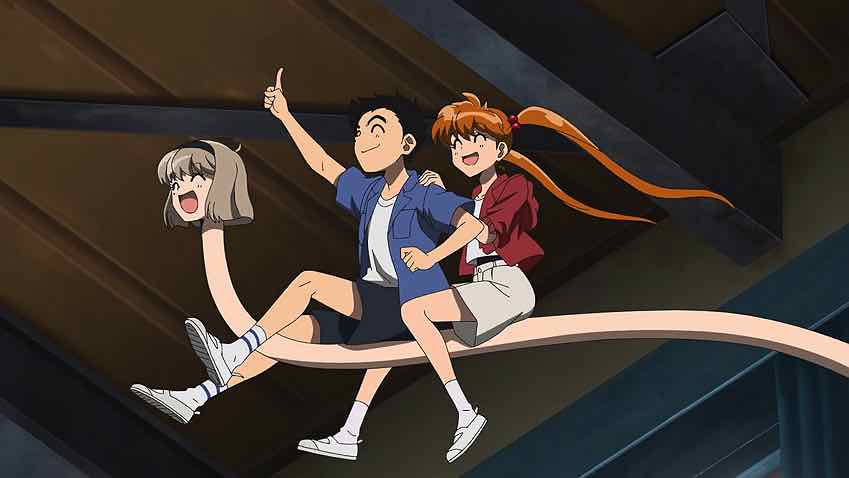
Raikou
August 13, 2023 at 10:59 pmIt was a miracle for Oooku to get an anime adaptation, but with recent Seinen boom I guess anything is possible within the underappreciated category of Shonen/Shojo/Seinen/Josei.
The story’s pretty good, although the season feels like a big prologue.
Hoping for a full adaptation, or at least one/two more seasons.
geha714
August 14, 2023 at 7:16 pmOooku was an interesting show with somewhat of an engaging main premise, that despite its production limitations, did a decent job but not without some issues. The visuals were not good enough to carry the story but at least the commitment of the voice cast and Kenji Kawai’s music helped a lot.
For me, the main problem is the palace intrigue took more over most of the story’s focus and the aspect of how the common populace (represented in the famer family) were secondary as they took the actual heavy burden of the epidemic and the desolation that followed. I found that more interesting IMHO. Also, the prologue episode didn’t need to be feature-length.
Having said all that, I’m glad Oooku exists and that kind of stories have a place for us audiences. Sad that it didn’t have the resources or perhaps more input to give it a more effective presentation. As Enzo said, it’s not an easy task to marketing and at least Netflix took a risk with this.